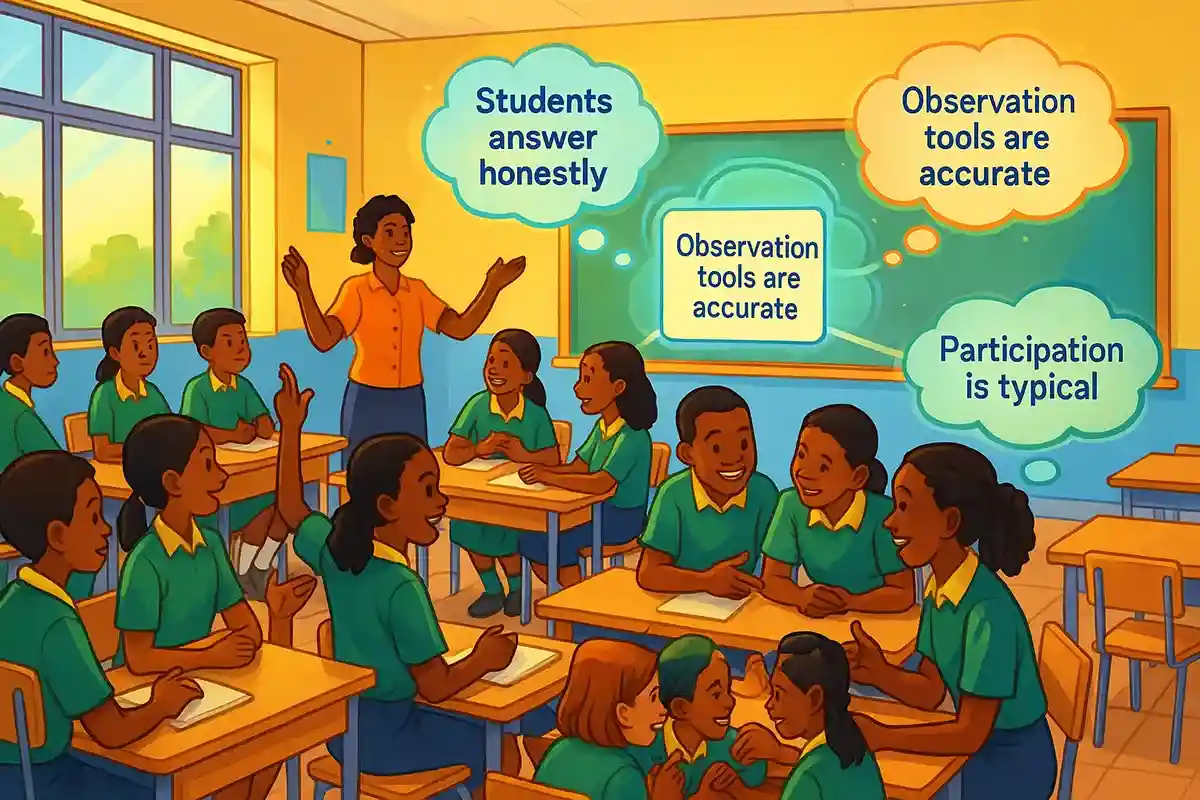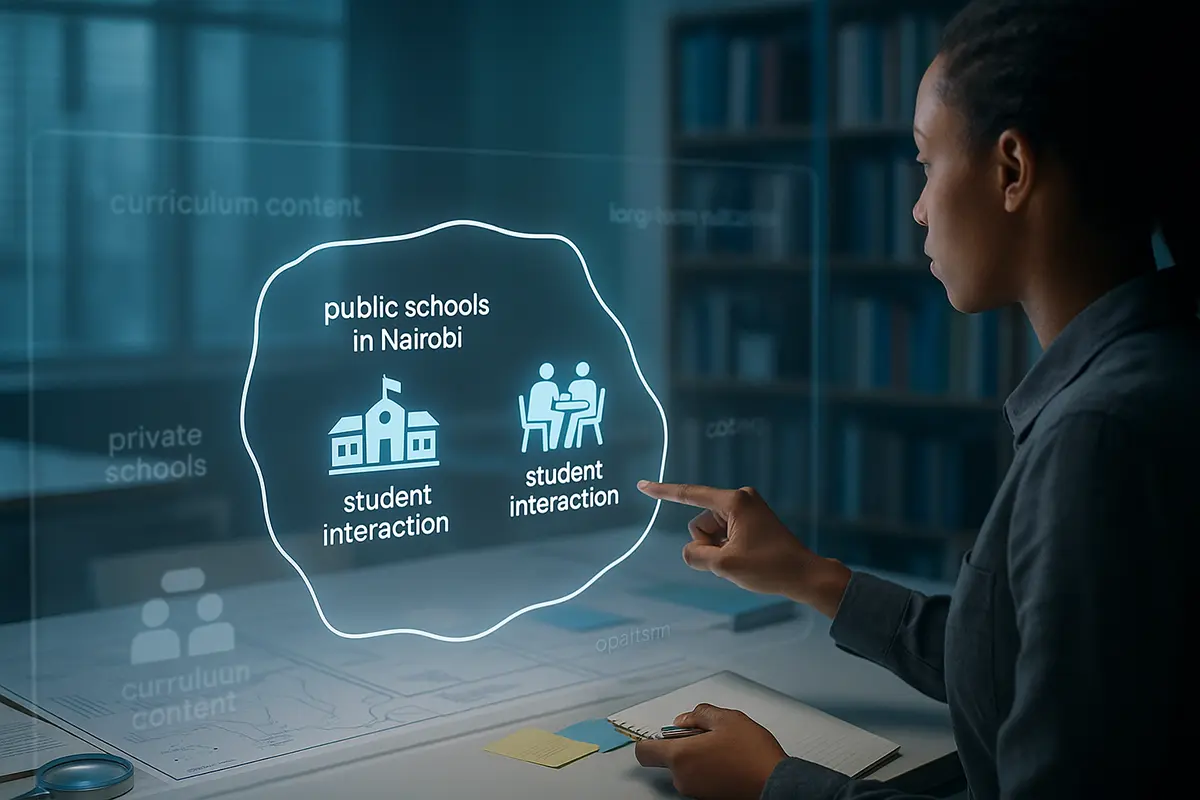Understanding Research Assumptions: Insights from Seating and Participation in Nairobi Schools
When designing academic research, assumptions serve as foundational truths that researchers accept without direct verification. Though unproven within the scope of the study, these assumptions frame the research design, data collection, and analysis process. In this article, we delve into the concept of research assumptions, using the illustrative study titled “Seating Arrangement and Student Participation: A Study of Public Secondary Schools in Nairobi County.”
What Are Research Assumptions?
Assumptions of the study are accepted truths about the research context, population, methods, or instruments, which are necessary for the study to proceed. Unlike hypotheses, assumptions are not tested but acknowledged. They help establish the framework under which a study is considered valid and actionable.
Assumptions are particularly critical in educational research, where human behavior, attitudes, and institutional variables play a central role.
Context: Our Sample Study
In our example, the researcher explores how different classroom seating arrangements influence student participation in public secondary schools within Nairobi County. This study relies on assumptions about student behavior, teacher practices, classroom environments, and research instruments.
Types of Research Assumptions (with Examples)
-
Theoretical Assumptions
These are based on the theories or conceptual models underpinning the study.
Example: The study assumes that participatory learning theories (e.g., Vygotsky’s social development theory) accurately describe how physical space influences interaction.
-
Methodological Assumptions
These relate to the tools and methods used for data collection and analysis.
Example: The researcher assumes that survey questions and classroom observation tools are valid measures of student participation.
-
Instrumental Assumptions
These focus on the instruments’ capacity to gather reliable data.
Example: The study assumes that observation checklists and interview protocols can capture subtle differences in participation patterns across seating formats.
-
Participant Assumptions
These concern the honesty, awareness, and representativeness of the study participants.
Example: It is assumed that students and teachers will respond truthfully and that their behaviors during observation are typical of their everyday classroom experience.
Why Are Assumptions Important?
Making assumptions explicit:
- Clarifies the study’s scope
- Strengthens methodological transparency
- Helps readers interpret findings realistically
- Supports academic integrity and reproducibility
Common Pitfalls in Stating Assumptions
- Confusing assumptions with hypotheses or delimitations
- Making vague or overly broad statements
- Failing to justify why the assumption is reasonable or necessary
- Ignoring cultural, contextual, or psychological factors that might challenge the assumption
How to Write the Assumptions Section
When documenting assumptions, use clear and structured language:
- “This study assumes that…”
- “It is presumed that the classroom environments observed are typical of daily instruction…”
- “The researcher assumes that students are able and willing to reflect honestly on their participation experiences…”
“Clearly identifying and justifying assumptions helps researchers increase the credibility, coherence, and impact of their findings.”
— Utafiti Bora


 How to Write the Scope of the Study in Academic Research (With Example)
How to Write the Scope of the Study in Academic Research (With Example)
 Justification of the Study: A Practical Guide with Examples
Justification of the Study: A Practical Guide with Examples
 Defining Terms in Research: Operational Definitions for Clarity and Precision
Defining Terms in Research: Operational Definitions for Clarity and Precision